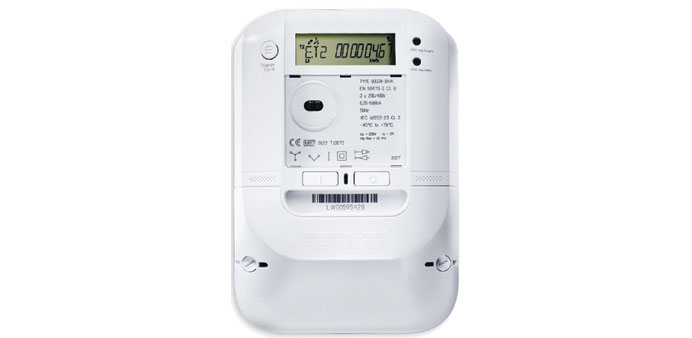Qatar General Electricity & Water Corporation (Kahramaa) intends to replace conventional meters in the Doha area by smart meters by 2016, an industry source has said.
Prime Minister and Minister of Interior HE Sheikh Abdullah bin Nasser bin Khalifa al-Thani had launched the smart meter system for remote readings of electricity and water consumption in January this year.
Smart meter deployment provides real-time information on the energy, water or natural gas consumption of a building.
“In an endeavour to offer better energy management solutions to consumers, Kahramaa has leveraged the collaborative understanding of Information Technology and the power sector to launch its smart meter project,” Expotrade, a global conference and event organiser, said.
“The country’s steady movement towards an overall smart energy approach is supported by the installation of smart grid projects and its related technologies such as smart meter that benefits consumers and energy providers in ways more than one. Additionally, it enables Kahramaa to optimise energy consumption and promote energy efficiency,” Expotrade said in a release.
Installing a smart meter helps keep a check on power distribution, monitors consumer usage and communicates revenue unit of energy data in real-time between any two-distribution points. According to an industry study, smart metering market will reach 16.1mn units by 2022 and 86% of homes and businesses in the Gulf countries are expected to have smart meters by the same year.
One of the most advanced in the world, Qatar’s smart meter system is based on a remote reading system that sends electronic readings to the energy supplier automatically. It is equipped with consumption data recording modules for electricity and water as well as GPS modules for localising individual metering points.
While launching the smart meter system, the Prime Minister had underlined the importance of providing the best services to citizens and residents as well as the need for keeping infrastructure projects in a state of readiness.
The opportunities of smart metering and its efficacy will be discussed at the Power Qatar Summit 2015, incorporating the successful Solar Qatar Summit, on October 26-27, 2015 at The Ritz-Carlton, Doha.
lThe foundation stone for the Umm Al Houl water and power project is scheduled to be laid in October and preparations for its construction are under way, local Arabic daily Al Sharq has reported, quoting Qatar Electricity and Water Company (QEWC) general manager Fahd al-Mohannadi.
The integrated water and project, one of the largest of its kind in the Middle East, will have the capacity to generate 2,520mw of electricity and 136.5mlgd (million gallons a day) of potable water. The project will come up on the southern side of Qatar and cost around QR3bn.
Jamal al-Khalaf, CEO of the Umm Al Houl power station, said the facility was a strategic project for the country. The stakeholders are QEWC (60%), Qatar Petroleum (5%), Qatar Foundation (5%) and Mitsubishi Corporation (30%).
Al-Khalaf said work was under way to prepare the land for the project which will be implemented in phases. The first phase involves the production of water (40mlgd), which is scheduled to be completed by April 2017.
The second phase for the production of water (20mlgd) is set to be accomplished by May 2017.
The first phase of work on electricity generation is slated for completion by July 2017, whereby 1,620mw of power will be produced. The full production capacity of the station will be reached in the second half of 2018.
Al-Mohannadi said QEWC was planning to invest in electricity generation from solar energy through existing stations or new ones. He stressed that the investment would be made in such a manner that would help meet the demand for high-quality water and electricity supply in the country.

An electric smart meter.
